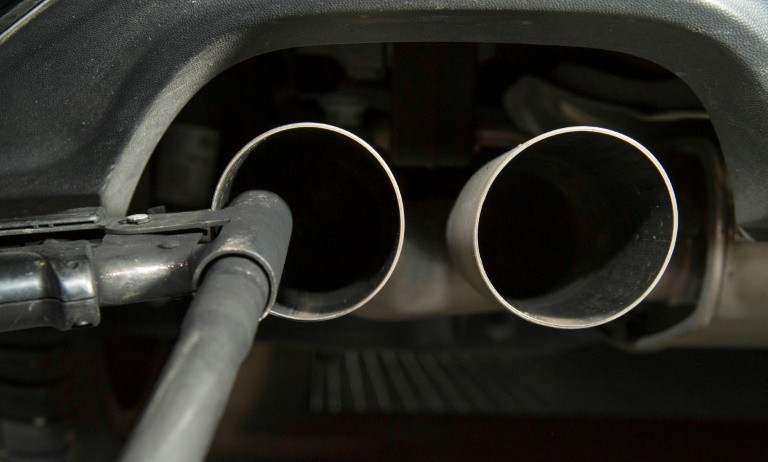Frankfurt am Main (AFP) – Months of disruption to the German car industry from new emissions tests barely dented annual sales figures in 2018, official data showed Friday, although diesel vehicles’ popularity ebbed further.
A total of 3.44 million new cars were registered on the roads last year, the KBA transport authority said, 0.2 percent lower than in 2017.
The annual figure smooths out wide variations in monthly deliveries.
Carmakers rushed as many vehicles out of factory doors as possible in the months before the new Europe-wide emissions tests known as WLTP came into force in September.
That month saw registrations tumble before a rebound in the final quarter, although at 237,000 December’s figure was still down 6.7 percent year-on-year.
The tougher Europe-wide emissions tests are one of the political responses to Volkswagen’s “dieselgate” emissions cheating scandal.
Mammoth carmaker VW admitted in 2015 that it manipulated 11 million diesel-fuelled cars worldwide to appear less polluting in the lab than on the road.
The hangover for diesel has been harsh, with just 32.3 percent of vehicles sold in Germany last year powered by the fuel — compared with 48 percent in 2015 and 38.8 percent in 2017.
Drivers have been scared off by the prospect of bans for diesel motors from parts of heavily polluted city centres like Frankfurt and Stuttgart, although the latest, cleanest models are set to be spared.
The year was a mixed one for German manufacturers, with VW and BMW inching up domestic sales of their own-brand cars by 1.5 percent and 1.2 percent.
Meanwhile Mercedes-Benz sold 2.2 percent fewer cars and Opel’s sales shrank 6.5 percent.
Brighter news for BMW came from subsidiary Mini, which grew 8.1 percent, and for Daimler from the Smart brand, which added 11.9 percent — although both account for a fraction of their parent groups’ sales.
